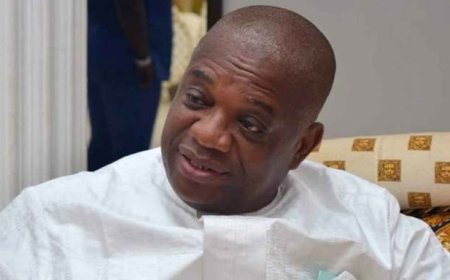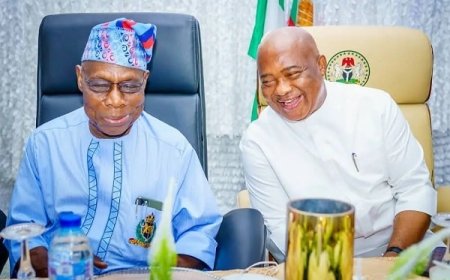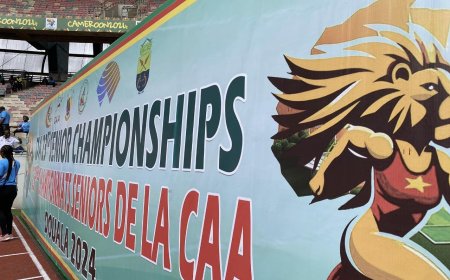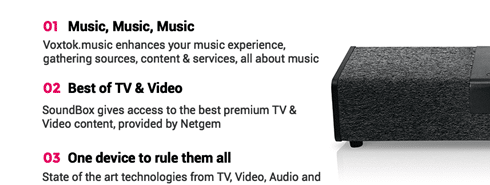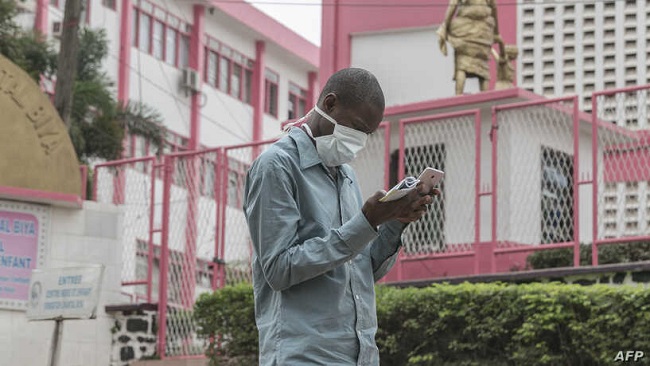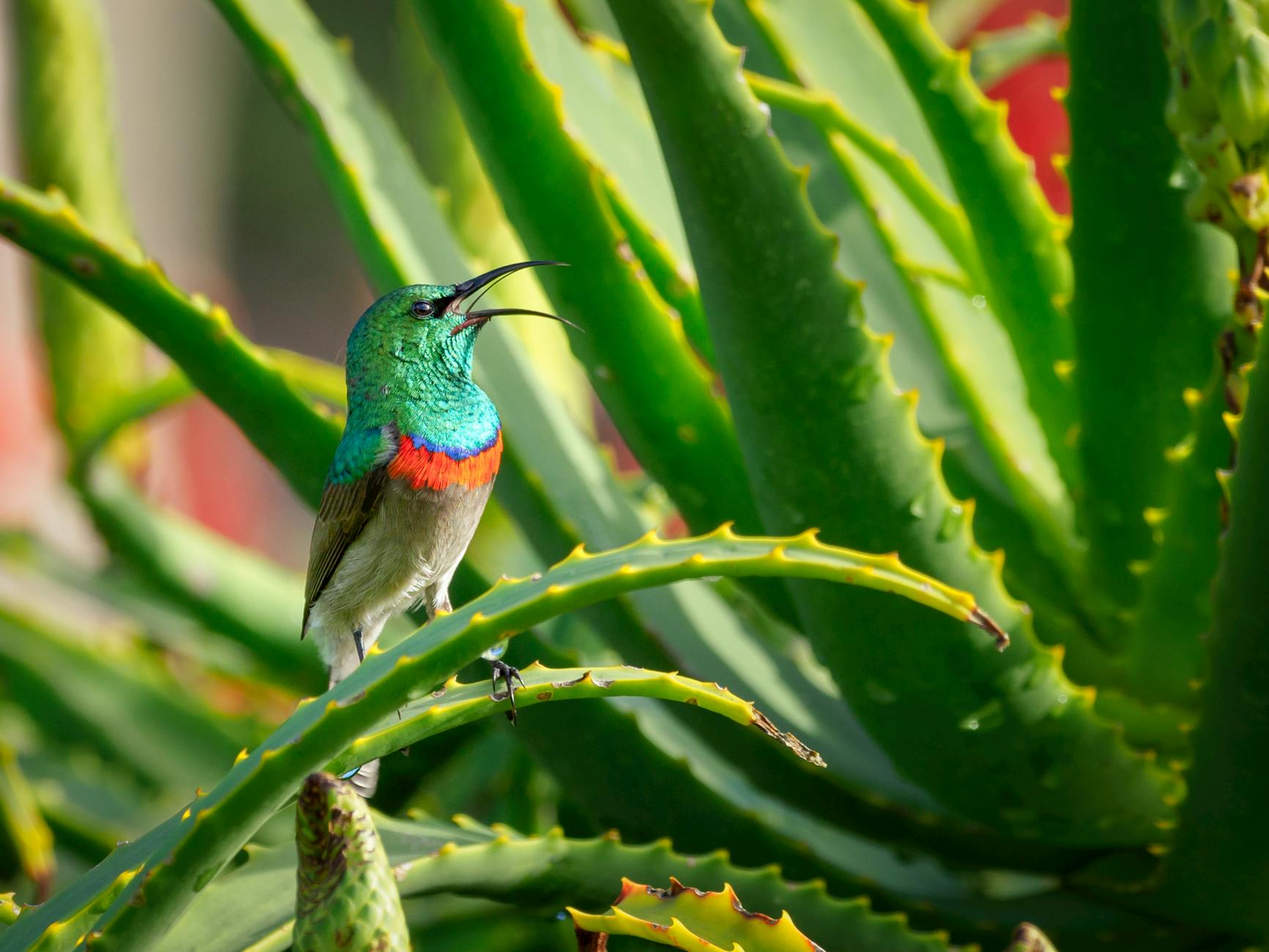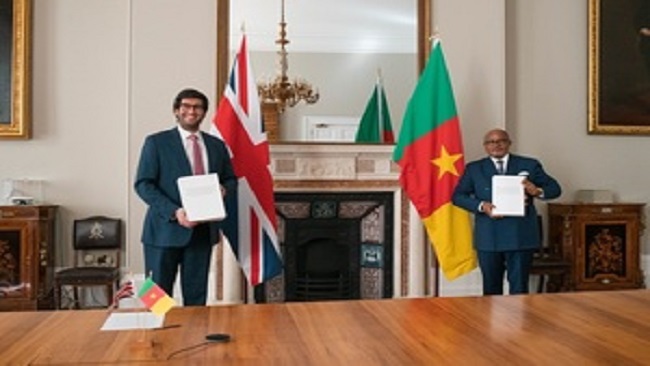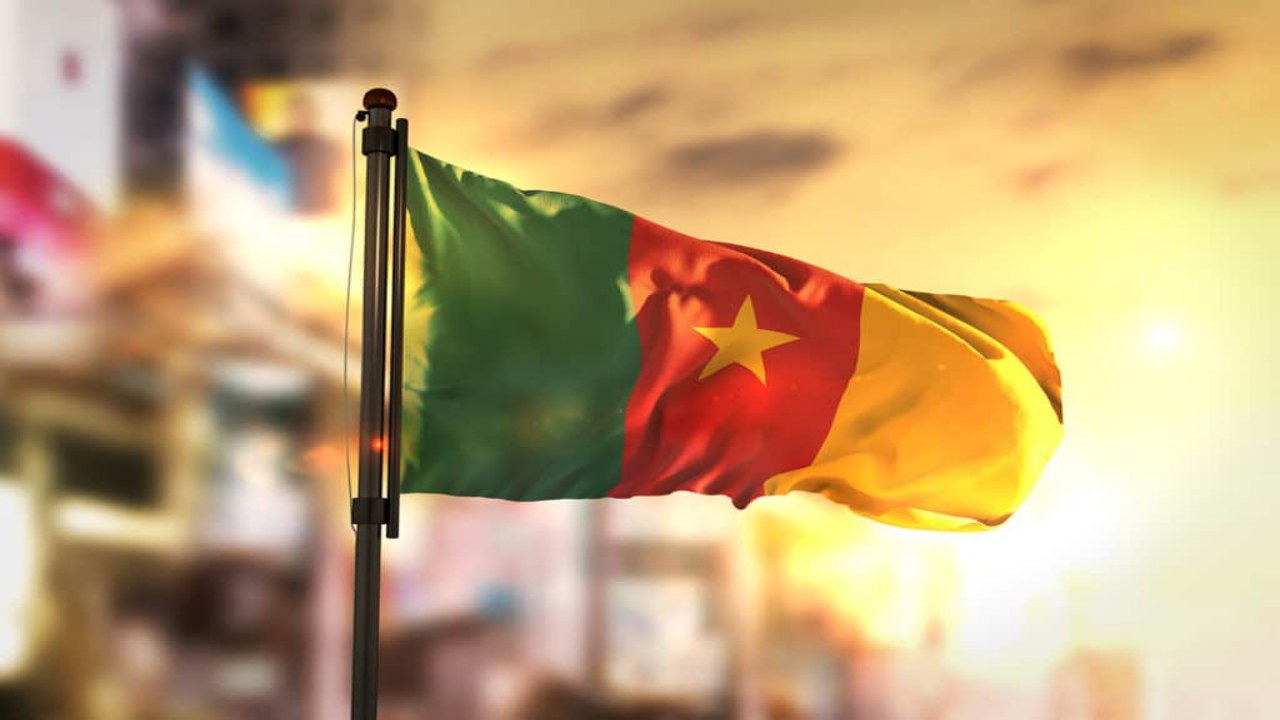South Africa: An opportunity for more balanced copyright law in line with global precedent and commercial realities
By Janet MacKenzie, Partner and Head of the Technology, Media and Telecommunications Practice, and Reinhardt Biermann, Associate, Baker McKenzie Johannesburg On 16 June 2020, the South African President Cyril Ramaphosa sent the Copyright Amendment Bill as well as the Performers Protection Amendment Bill back to the National Assembly for reconsideration. The President had several reservations […]
By Janet MacKenzie, Partner and Head of the Technology, Media and Telecommunications Practice, and Reinhardt Biermann, Associate, Baker McKenzie Johannesburg
On 16 June 2020, the South African President Cyril Ramaphosa sent the Copyright Amendment Bill as well as the Performers Protection Amendment Bill back to the National Assembly for reconsideration. The President had several reservations regarding the Bills and indicated that there may be constitutional deficiencies if enacted in their current form. The issues that were raised by the President include the arbitrary and retrospective deprivation of property, the incorrect tagging of the Bills, the potential conflict with international treaties, the lack of consensus regarding the Bills and the number of exceptions that were included in the Bills. The redrafting of these Bills provides the opportunity to bring the legislation in line with global copyright standards and incorporate the views of industry stakeholders.
The Presidency requested the National Assembly to consider the Bills afresh so that their objectives could be realized speedily and without the risk of any constitutional challenge. It is expected that the National Assembly will refer this matter back to the Department of Trade and Industry (DTI) to reconsider its draft legislation and address the constitutional concerns raised by the President. Once the drafting process is finalized, the new draft legislation will have to be reintroduced into the National Assembly, where compliance with several procedural steps will be required, including the correct tagging of the Bills. This process may take a considerable amount of time and include various stages of public consultation.
Save for the constitutional concerns with the Bills, there were certain practical and technical aspects that were missing in the final versions of the Bills. One of these aspects relates to broadcasting and streaming platforms and the way copyright works are digitally used and exploited by copyright holders and their licensees.
Royalty and residual rights agreements
The addition of royalty and residual rights provisions in the new Bills was supported by some artists and creators, but rejected by a large segment of the industry, including broadcasters and production houses, as it imposed of them a new contract regime and removed their right to freely contract with artists and performers. The Copyright Bill stipulated that only one type of agreement could be entered into, whereby artists had to be paid residuals or royalties at a tariff prescribed by the DTI. No arrangements for other types of payment, such as collective bargaining arrangements and the upfront payment of royalties, could be applied.
Further, broadcasters and content distributors would have been under an obligation to ensure that their agreements with performers were in place before broadcasting or distribution began and that such agreements were registered with the DTI. Performers could also refer disputes to the Copyright Tribunal and any broadcast or exhibition could not commence until this process was finalized. Failure to enter into a contract as stipulated in the Copyright Bill rendered contracts void and unenforceable. This new provision was highly problematic and stifling in an environment where the insatiable demand for content requires broadcasters and streaming platforms to consistently meet audience demands with fresh and compelling content.
The new provisions would have made it difficult for production houses to own the rights to the content made in South Africa. Usually, large production houses buy out the rights for each artist’s performance for a fixed fee up front, so that the content can be used on a global basis. Under the provisions of the new Bills, they would not be able to do this and would have to pay the residuals or royalties to performers each time a programme was broadcast, streamed or downloaded. Streaming services noted that they would battle to comply with these provisions as it would be difficult to monitor such usage and exorbitantly expensive to pay royalties on each instance of the content’s screening.
These provisions would have had the unintended consequence of forcing production houses to look at other jurisdictions to produce their content. This is not in line with the DTI’s own incentive schemes to encourage global film production in South Africa, recognizing the industry’s contribution to the South African economy. The new provisions did not consider the commercial realities applicable to broadcasters, content producers and streaming services and were out of step with the rest of the world.
These apparent gaps are even more concerning if one takes into consideration that the origin of the Bills was to address the struggling South Africa music industry. During 2011, the Copyright Review Commission’s report on the position of musicians in South Africa and the role of collecting societies was published. Several recommendations were made, which would necessitate changes to the existing Copyright Act, 1978 and bring it in line with commercial practices of music consumption. Unfortunately, these recommendations were extended to audiovisual works, without taking into account the different industry requirements for the exploitation of these works.
Fair use
Whilst the Copyright Bill should have focused on dealing with copyright and industry practices, the earlier version of the Bill reflected terms such as “user rights” as well as other foreign legal constructs, such as “fair use”, which were indicative of the various agendas that crept into the legislative process.
The introduction of fair use provisions in the new Bill, which allows for the reproduction of a copyright protected work under certain circumstances, was a contentious introduction. Across the world, various countries allow for certain exceptions and limitations to copyright use, subject to compliance with international treaties. In South Africa, the addition of a fair use provision was seen as an opportunity to build in more exceptions, which could assist the government with access to information and education.
The Copyright Bill thus became a political playfield for lobby groups advocating for more liberal and developmental copyright principles. In the process, there was a missed opportunity to align South Africa’s copyright regime with international best practices and give effect to commercial and industry concerns.
President Ramaphosa expressed his concern that substantial amendments including to Section 12A which deals with the fair use of a work or performance of a work – were not subjected to public comment before the final version of the Copyright Bill was published. Other reservations cited by the President included that copyright exceptions could constitute arbitrary deprivation of property, violate the right to freedom of trade, occupation and profession, and may be in conflict with the WIPO Internet Treaties to which South Africa subscribes.
In the months preceding President Ramaphosa’s decision to send the laws back to the National Assembly, both the United States and the European Union, under pressure from the cultural industry in their jurisdictions, threatened to impose tariffs and withdraw foreign investment if the legislation was not postponed and reassessed. They argued that the Copyright Bill’s broad exceptions to fair use were not in compliance with international treaties and that a more balanced and certain approach was needed. There had also been general concerns expressed regarding the enforcement of copyright and whether enough is being done to prevent counterfeit works and piracy in South Africa.
With the laws now being reassessed, there is a chance to align the Copyright Bill with the WIPO Internet Treaties and focus on fundamental copyright principles. For example, the way the South African law was transposed from the United States law on fair use was not in accordance with the 3-step test for the use of a copyright protected work under the Berne Convention, or more recent treaties where the 3-step test has been transposed. Under the 3-step test, it is up to the country concerned to permit the reproduction of a work in special cases, but it must not conflict with the normal exploitation of the work or unreasonably prejudice the author.
Opportunity to consult with creative sector
The second round of the legislative process can provide an opportunity for the technical expertise of the technology, music, publishing and film and television production industries to be drawn upon so that more balanced legislation can be prepared. Consulting those with industry knowledge and who understand how the creative sector works, will help to address the current disconnect between the legislation and commercial aspects of the industry. This process should include conducting a broad economic impact assessment on how these provisions will impact the industry. As South Africa begins its post COVID-19 recovery, these measures will help ensure that the new Bills will stimulate economic growth and not inhibit investment in the creative sec
Connectyubuzz
ConnectYuBuzz is an information, education, and entertainment platform which keeps you abreast of all that is going on primarily in Africa and the world. ConnectYuBuzz lets you follow trending news locally and globally, provides rich and comprehensive content for your interests. Read the latest and most popular news articles on entertainment, politics, money & finance, business, technology, sports, lifestyle, fashion,- all delivered by top media outlets in Africa and the World.








